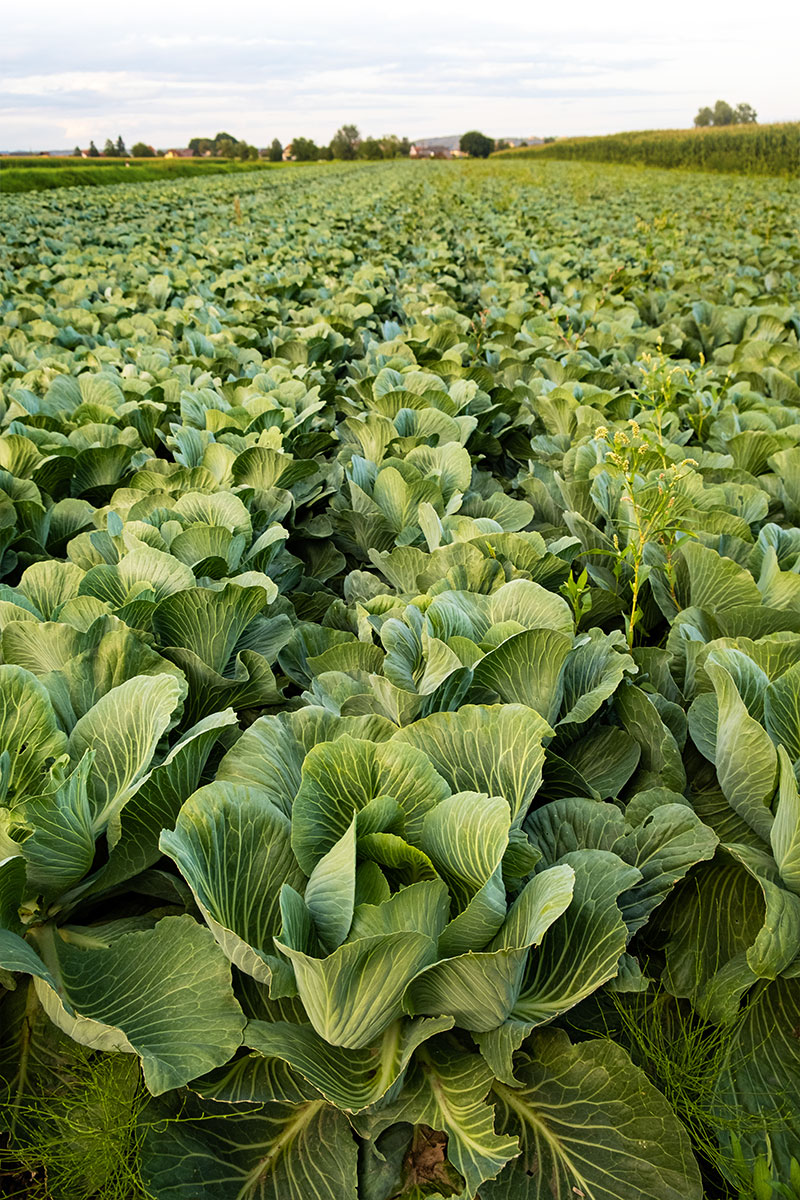CHALLENGES
Environment, natural resources & human health
While the use of synthetic pesticides in agriculture has helped to increase food production, this has not occurred without great costs to the environment, natural resources and human health. Herbicides are the second most-widely sold category of pesticides in the EU (131,300 tonnes of active ingredients) accounting for 33% of all pesticide sales in 2019. At the farm level, farmers are reluctant to adopt non‐chemical methods because of their complexity, costs and management time, thus resulting in poor implementation of non-chemical weed management.


Various EU policy initiatives, including the EU Green Deal and its Farm-to-Fork Strategy, the Biodiversity Strategy, as well as the CAP Strategic Plan have set specific targets and ambitions regarding the reduction in synthetic pesticide use. Moreover, innovative research projects (e.g., WeLaser4 and IWMPRAISE5) have tested viable alternatives to harmful herbicides.
Nevertheless, innovative ideas and methods from practice are not adequately captured and disseminated, and research findings are still not fully implemented. According to the Directive 2009/128/EC on the sustainable use of pesticides, little progress has been made in promoting the uptake of alternative weed control methods which are key to ensure pesticide dependency reduction.

One reason is that the knowledge available is fragmented!

Which makes reaching out to all concerned actors appears to be problematic. EU, national and regional AKIS are insufficiently connected to foster cross-fertilisation and knowledge exchange between actors due to several barriers mostly related to poor management of knowledge flows. A further constraint, is the diversity of the agricultural production systems that receive different types of support from national or regional authorities, rural networks, innovation and/or advisory services highlighting the fact that the application of such solutions requires customisation and adaptation to accelerate the uptake of new knowledge.

